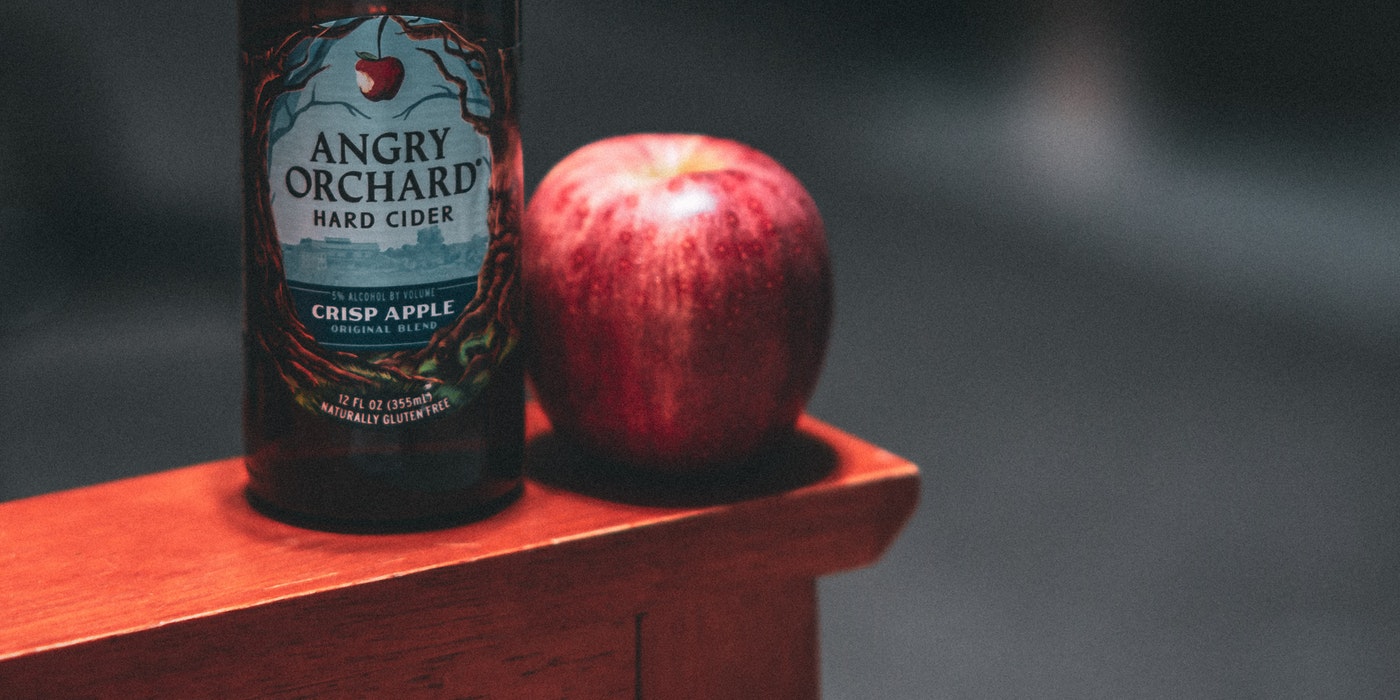How To Treat itchy Scalp at Home
It is one thing to have beautiful and full hair. It is another thing to keep your hair and scalp healthy. Scalp itch is a condition medically known as scalp pruritus. It is a common condition among people with full hair. Scratching your scalp vigorously in public can be embarrassing, and consistently feeling the urge to scratch it almost every 5 minutes can be annoying and frustrating.
Besides injuring your scalp, excessively scratching your hair could make you lose some hair because some of your hair will fall. Myriads of factors can cause scalp pruritus. Identifying what factor caused yours is a good first step towards treating your scalp condition. Sometimes, scalp pruritus can result from the inflammation of the scalp by infection, stress, or hormonal imbalance. It could also result from dandruff, a common scalp condition that results from too dirty, too-oily, or too-dry hair. Some of the other factors that cause scalp pruritus include;
- Head lice
- Eczema
- Scalp reaction to some hair products
- Diabetes
- Autoimmune conditions like psoriasis
- Fungal infections like ringworm
- Anxiety
- Herpes
- Atopic dermatitis
Facts About Itchy Scalps
Depending on the seriousness of the itch, you can either see a doctor in severe cases or use home and natural remedies to treat your itchy scalp. Nonetheless, if you detect any of the following symptoms below, it is best to visit your doctor to avoid complications.
If your itchy impinges on your daily activities and forces your hair to look rough and untidy all day, you should see a doctor.
See a doctor if the itching lasts for more than a week, even after using some over-the-counter medications, natural remedies, or home remedies.
If the itchiness leaves your scalp sore, swollen, and sensitive to touch, you should visit a doctor.
Visiting a doctor when you notice these symptoms is important because it will help determine if the cause of your itchy scalp is a result of an underlying health condition like psoriasis or other skin and scalp conditions.
If your scalp pruritus is a mild one, before jumping at those meds, you should try home remedies and natural remedies. Irrespective of the cause of your mild scalp pruritus, you can and should use these remedies. This is because, unlike some over-the-counter medications and creams, they are 100% natural and have no side effects. Some of the most well-known natural remedies for the itchy scalp are essential oils and natural juices from herbs. Before adopting any of these remedies, carrying out a patch test on your scalp is best to prevent scalp irritation.
This article elaborates on the different home and natural remedies you can adopt to treat your itchy scalp. The following are remedies and natural remedies for the treatment of scalp pruritus;
Natural Remedies For Itchy Scalp
Apple Cider Vinegar
 Apple cider vinegar, according to studies, is an effective remedy for preventing and treating several health conditions. Recent studies showed that it is also effective in relieving scalp pruritus.
Apple cider vinegar, according to studies, is an effective remedy for preventing and treating several health conditions. Recent studies showed that it is also effective in relieving scalp pruritus.
Apple cider vinegar is packed with antifungal properties that eliminate fungal infections that morph into severe inflammation of the scalp. In cases of severe dandruff, washing your hair with apple cider vinegar regularly can combat the hair condition.
However, it is best to dilute apple cider vinegar with water first before applying it to your hair to prevent scalp irritation which could worsen your scalp pruritus. In other mild cases, leaving diluted apple cider vinegar to sit in your hair for up to 10 minutes 2 times a week can help reduce itchiness and eliminate fungal infection and inflammation.
Olive Oil
Olive oil is packed with properties that are effective in treating scalp itchiness and healing the soreness and swelling resulting from the constant itching of the scalp. When applying olive oil to your hair for scalp pruritus, you should massage the oil into your scalp after heating it for about 5 to 6 seconds.
Do this before you go to bed and leave the oil to sit in your hair all through the night. Wash off the oil from your hair the next morning with warm water. To achieve maximum results, repeat this process 2 times a week. However, if the itching is a bit severe, you should repeat the process up to 4 times a week to help relieve the scalp itchiness and soreness fast.
Aloe Vera
Aloe vera is a natural gel that functions as an itch reliever and a moisturizer for the hair. However, aloe vera has other amazing health and skin benefits. However, in terms of hair and scalp treatment, aloe vera does not just provide calm and a soothing effect on the scalp. It also keeps your hair moisturized and healthy.
To treat scalp irritation and inflammation, apply aloe vera gel to your hair. Massage the gel into your scalp and wear a shower cap over your hair. Leave the gel to sit in your hair for about 20 to 30 minutes before washing it off with warm water. You can repeat this process daily for more significant results, especially before you go to bed.
Tea Tree Oil
Tea tree oil is an essential oil, which implies that, just like other essential oils, it must be diluted before applying it to your scalp. Also, you must do a patch test on your skin or scalp before fully adopting it as your hair treatment.
Apart from this, tea tree oil is packed with antibacterial and antifungal properties, both of which help reduce the inflammation associated with bacterial and fungal infections. To use tea tree oil to treat your scalp, you should dilute the oil with other oils like olive oil, jojoba oil, or coconut oil and massage the mixture into your scalp before going to bed.
Keep massaging the oil into your scalp for up to 10 minutes and leave it in your hair overnight. You can wash off the oils from your hair in the morning with warm water and a mild shampoo. For maximum results, use the oils 3 times a week. Then when you begin to notice a significant improvement in the condition of your hair and scalp, you can reduce it to 2 times or even once a week.
Peppermint Oil
Although this oil is popular for the awesome flavor, it adds to foods. However, its functions to humans are beyond being a mere food flavor. It is packed with properties that are effective in preventing, managing, and treating different health conditions.
For treating scalp pruritus, applying peppermint oil to your skin first sends this cool soothing relief to your raging scalp irritation. It eliminates inflammation and breaks the chain of the infection that triggered the inflammation.
In addition, peppermint oil, according to research, increases blood flow to the scalp when it is massaged into the scalp. This automatically combats the itchiness that comes with scalp pruritus. What is more? Due to its chemical properties, peppermint oil kills lice faster than some over-the-counter medicated creams.
Lemongrass Solution Oil
Since dandruff has been characterized as one of the leading causes of itching scalp, treating it with natural remedies is quite easy. Lemongrass solution oil is one of the most effective remedies for dandruff. This fact is backed by a survey carried out on women who had dandruff, and 50% of these women were treated with lemongrass solution oil, while the other 50% were treated with a placebo solution.
This survey showed that women who used lemongrass solution oil for their dandruff experienced significant improvements in their scalp condition after 2 weeks of applying the solution to their hair. For treating dandruff, massage the solution into your scalp and wash it off with a mild shampoo after 15 minutes of application. Do not oil your hair immediately. Rather, ensure that your hair is always moisturized.
Conclusion
 Itchy scalp can be embarrassing and can be caused by various factors ranging from scalp infection to underlying health conditions.
Itchy scalp can be embarrassing and can be caused by various factors ranging from scalp infection to underlying health conditions.
Identifying the cause severity of your itchy scalp will help you determine which treatment method to follow. However, in mild cases of scalp pruritus, natural remedies are advised. This is because they are 100% natural and come with no side effects.




